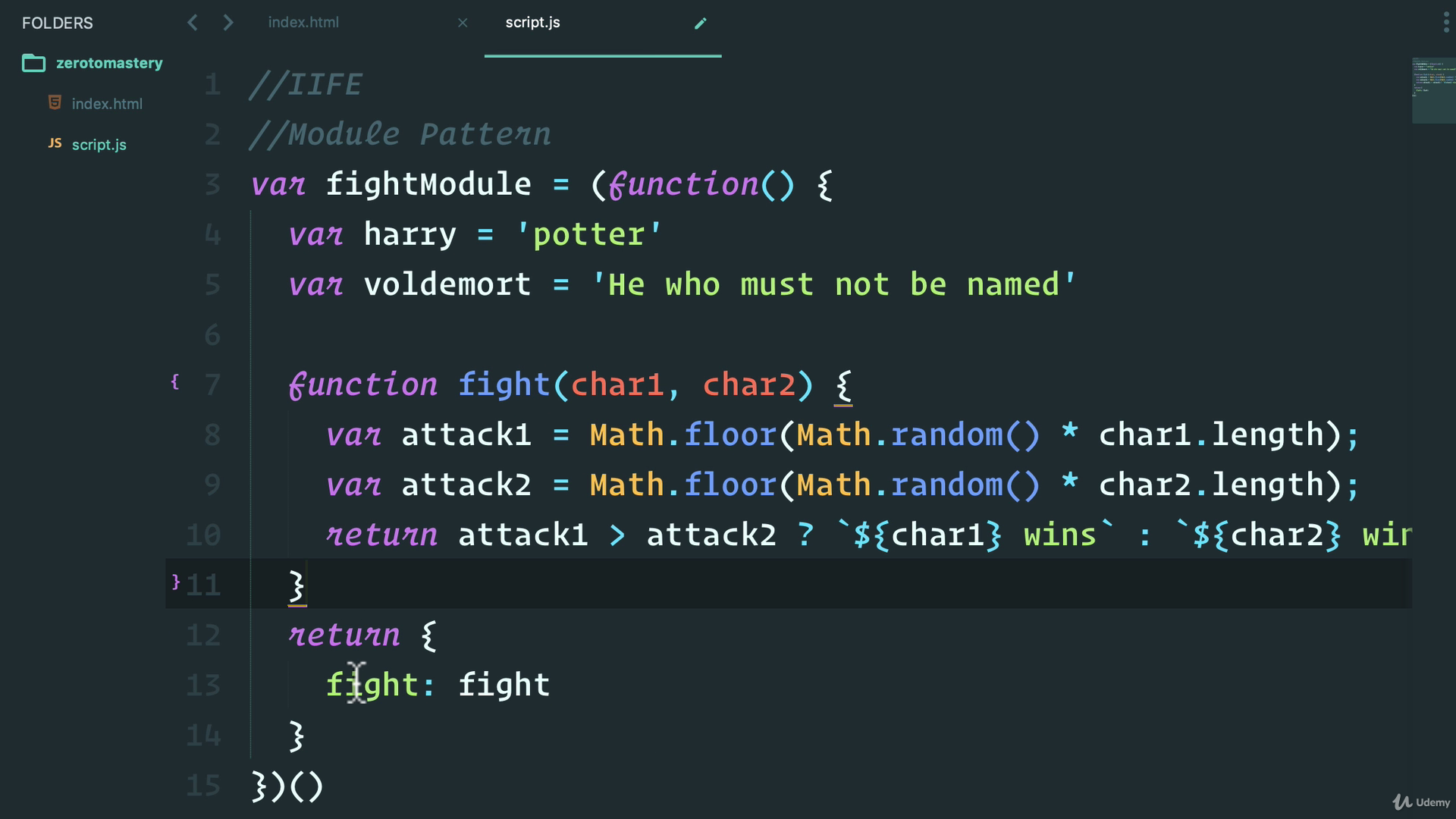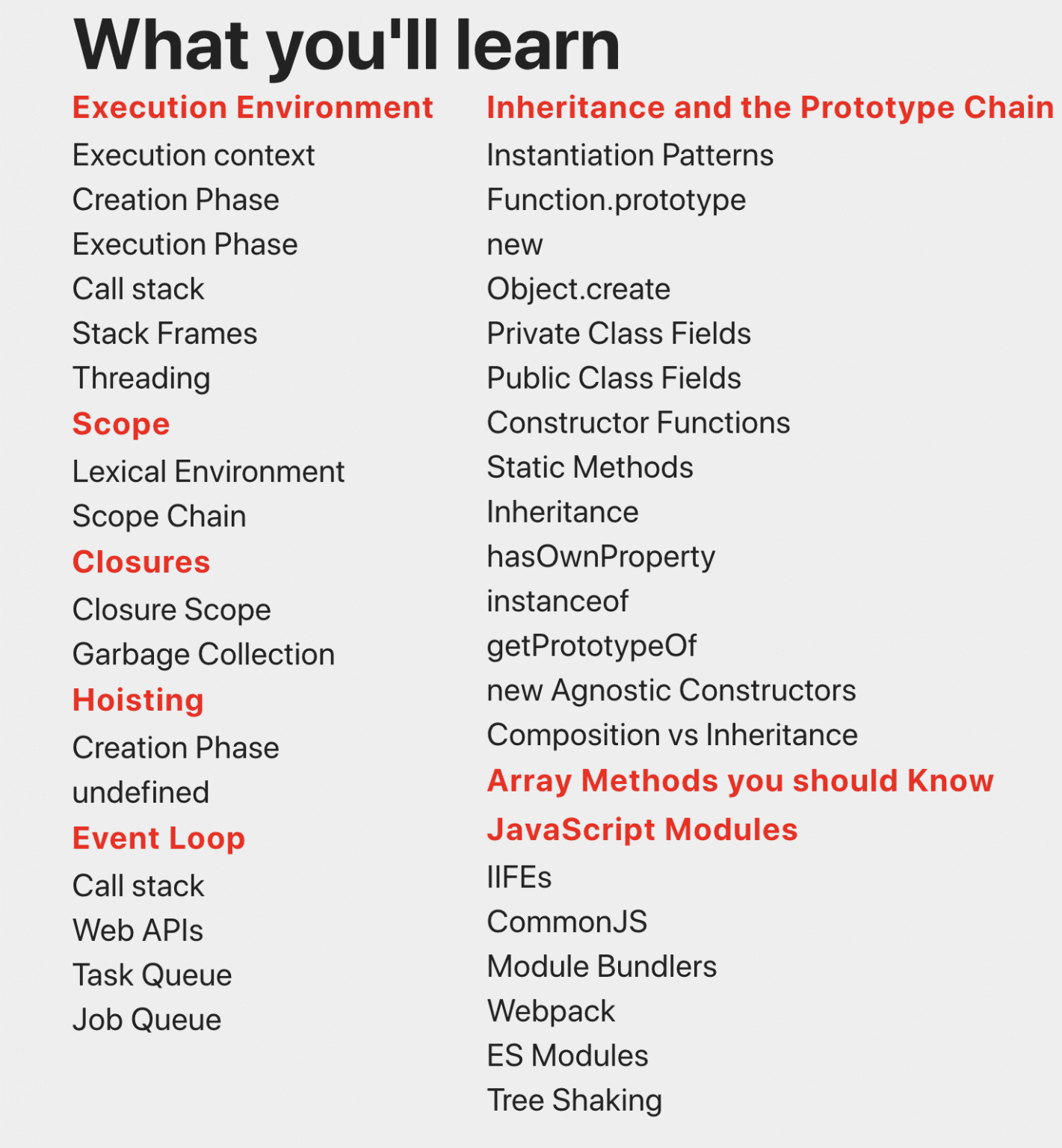Advanced JavaScript Concepts Beyond the Basics

JavaScript, a versatile programming language, offers a myriad of intricacies beyond the fundamental concepts. Embarking on an advanced exploration of JavaScript empowers developers to unlock the language’s full potential, enabling the creation of complex and dynamic applications. This journey delves into topics such as:

-
Asynchronous Programming: Master the art of handling asynchronous events using techniques like promises, callbacks, and async/await. Learn to navigate the complexities of non-blocking I/O and avoid dreaded callback hell.

-
Functional Programming: Embrace the declarative and mathematical aspects of JavaScript with functional programming. Understand the principles of immutability, reduce higher-order functions, and leverage powerful built-in methods such as map(), filter(), and reduce().
-
Object-Oriented Programming with Classes: Explore the object-oriented paradigm in JavaScript with classes. Discover encapsulation, inheritance, polymorphism, and method binding. Utilize classes to model real-world entities and create flexible and maintainable codebases.
-
Advanced Data Structures: Extend your knowledge beyond simple arrays and objects. Delve into linked lists, binary trees, and hash tables. Learn how to optimize data retrieval and storage for complex applications.
-
Concurrency and Parallelism: Learn to write concurrent and parallel code using JavaScript’s multi-threading capabilities. Create worker threads, leverage web workers, and utilize the multitasking capabilities of modern browsers to boost application performance.
-
Module and Package Management: Understand the principles of module and package management in JavaScript. Use tools like Webpack and Babel to bundle, transpile, and manage code dependencies. Ensure clean and well-organized code structures.
-
Testing and Debugging: Enhance application reliability and maintainability with robust testing and debugging practices. Learn to write comprehensive unit tests, utilize debugging tools, and implement error handling mechanisms.
By mastering these advanced concepts, developers empower themselves to build sophisticated and efficient JavaScript applications that handle complex situations, scale seamlessly, and deliver an exceptional user experience.

Wow! This is a really great article. I’ve been trying to learn advanced JavaScript for a while now, and this article has helped me a lot. Thanks for sharing!
This article is too long and boring. I couldn’t even finish reading it. I’m sure there are better resources out there for learning advanced JavaScript.
I’m not sure I understand everything in this article, but it’s definitely given me some new things to think about. I’m going to have to go back and read it again.
I disagree with some of the things you said in this article. I think you’re oversimplifying the issue.
This article is so advanced that I can’t even understand it. I’m sure it’s great for people who are already experts in JavaScript, but it’s not very helpful for beginners.
Wow, this article is really in-depth. I’m sure I’ll never be able to understand all of this.
This article is like trying to eat a whole elephant in one bite. It’s just too much to take in at once.
I found this article to be very helpful. It’s well-written and easy to follow. I would definitely recommend it to anyone who is interested in learning more about advanced JavaScript.
I’m not sure I understand what you’re trying to say in this article. Can you please explain it in a simpler way?
I don’t agree with your conclusions in this article. I think you’re making some big assumptions.
This article is so advanced that I can’t even tell if it’s good or not.
Wow, this article is really in-depth. I’m sure it’s great for people who are already experts in JavaScript, but it’s not very helpful for beginners.
This article is like trying to eat a whole elephant in one bite. It’s just too much to take in at once.
I found this article to be very helpful. It’s well-written and easy to follow. I would definitely recommend it to anyone who is interested in learning more about advanced JavaScript.
I’m not sure I understand what you’re trying to say in this article. Can you please explain it in a simpler way?